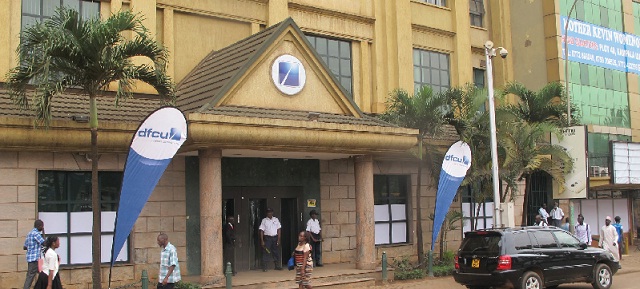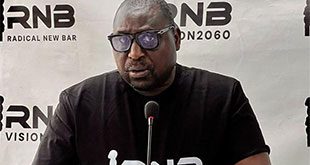
Kampala, Uganda | THE INDEPENDENT | The former Crane Bank Chairman of Board of Directors, Joseph Biribonwa, has accused the Central Bank for frustrating investors.
Biribonwa on Wednesday appeared with the former Crane Bank owner Sudhir Ruparelia before Parliament’s Committee on Commissions, Statutory Authorities and State Enterprises (COSASE) that is inquiring into the closure and sale of seven commercial banks between 1993 and 2016.
Crane Bank Limited was closed by Bank of Uganda (BoU) on 20th October 2016 after it failed to comply with a capital call on July 1, 2016. Central Bank Governor Emmanuel Tumusiime Mutebile says that the takeover of the bank was guided by the systemic nature of the undercapitalized institution to avoid financial sector instability.
Biribonwa in his written statement to COSASE, confirms that there was a default on loans between 2014 and 2015 which was partly caused by the by the increase in the Central Bank Rate (CBR) which later resulted in an increase of interest rates.
He says that due to the continued default, BoU directed Crane Bank to increase its provisions and write off some loans.
“As a result of the default on loans, Crane Bank was directed to inject more capital. Specifically, in March 2016, BoU directed shareholders to inject additional capital of at least Shillings 32 billion by 15th September 2016. By October 2016, the shareholders had brought in USD 8 million approximately Shillings 28 billion as a shareholder loan and were in the process of having the balance paid,” said Biribonwa in part.
He added that they had also accelerated recoveries for the bad book to cover the capital inadequacy as well as engaging in discussions with strategic investors since 2015 that had shown willingness to invest in the bank.
Biribonwa said that the investors including Atlas Mara and Lanka Orix Leasing Company (LOLC), a Sri Lankan investor had also met with the former BoU Executive Director Supervision, Justine Bagyenda and that she knew they were in the process of conducting due diligence.
He told COSASE that at the time of closure, the investors were in the Bank conducting the third and final confirmatory due diligence describing the Central Bank action as deliberate and in bad faith.
Biribonwa argued that if BoU was objectively concerned with the liquidity support, they should not have frustrated the investors. He says that good faith and objectivity required BoU not to stifle the operations or cash flow of CBL but rather to facilitate the process that had been disclosed to them.
Among the remedies sought by the former Crane Bank owner, Sudhir, was that BoU returns the bad book that he said is being illegally collected by DFCU.
BOU entered into a Purchase of Assets and Assumption of liabilities agreement with DFCU for deferred payment of 200 billion shillings by DFCU for Crane Bank’s loan portfolio. The money was supposed to be paid in installments in 36 months.
*****
URN
Sudhir says that the bad book was paid for by the shareholders capital and therefore belongs to them.
He further demanded accountability for the 478 billion shillings that BoU injected into Crane Bank Limited as well as provide reports from the statutory manager and the receiver.
Sudhir also wants Parliament to order a refund of professional fees paid by BoU to MMAKs, KPMG and Price Water House Coopers.
 The Independent Uganda: You get the Truth we Pay the Price
The Independent Uganda: You get the Truth we Pay the Price



